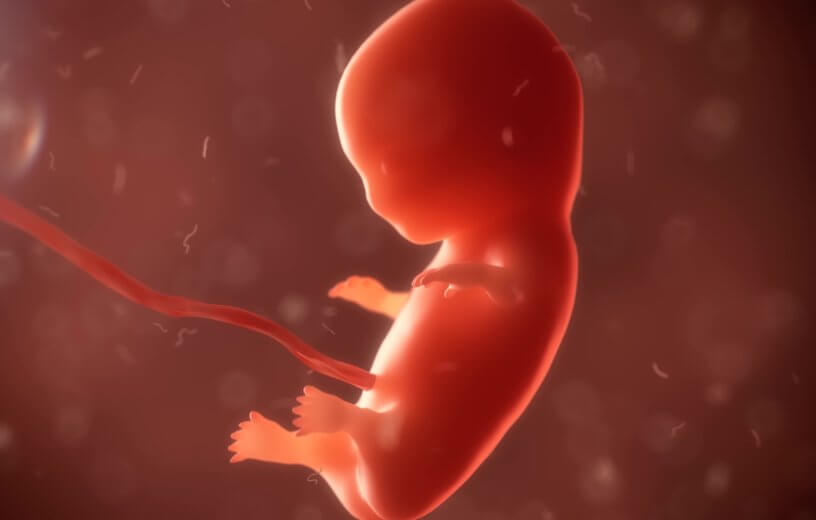MELBOURNE, Australia– How likely a person is to develop kidney disease in adulthood may be fractionally determined by their mother’s health during pregnancy. The discovery comes following a study by researchers from Monash University and Jikei University School of Medicine in Tokyo.
Over 800 million around the world have chronic kidney disease (CKD), mostly as a complication of Type 2 diabetes. Even so, research demonstrates that there are other factors related to some people being more protected from developing it than others.
To analyze gestational implications, the team examined 50 kidneys from adult donors. They started by studying the kidney’s main filtering mechanism, focusing heavily on the glomeruli, which are the kidney’s blood filters. They additionally analyzed podocytes, which are the specialized cells within the glomeruli.
Scientists agree that higher amounts of podocytes usually means better kidney health. This new research, however, reveals that kidneys with more glomeruli also tend to have more podocytes, which means that they become concentrated within each kidney filter. “The study showed for the first time that human kidneys with more blood filters (glomeruli) contained more podocytes per filter,” says lead author and professor John Bertram, of the Monash Biomedicine Discovery Institute, in a statement. “Given that humans are born with all of their glomeruli and podocytes, our findings suggest that some people are born with a kind of double protection against kidney disease, whereas others are born with a double risk.”

This has been a significant development in the mechanistic understanding of CKD pathophysiology, as the range of glomeruli can vary greatly based on the person. Some may have just 200,000 while others can have upwards of over 2 million. Bertram adds that premature babies and newborns born underweight generally may have fewer glomeruli and thus a heightened subsequent risk of developing CKD or high blood pressure later in life. After birth, there’s no way to increase glomeruli count since by 36 weeks the number is set.
Therefore, the second best course of action against chronic kidney disease is one of prevention. The mother’s nutrition becomes the key determinant of improving filter count for their children. While mothers generally can’t prevent a low birthweight newborn, they can prioritize eating and lifestyle habits that help better prepare for a scenario like this. “Nevertheless, studies in humans and animal models have demonstrated that poor maternal nutrition, exposure to alcohol, vitamin deficiency, gestational diabetes and so on can result in offspring with low glomerular number,” explains Professor Bertram.
The same goes for adults born with low counts. While they can’t change the amount of podocytes or glomeruli, they can reduce their risk of developing CKD by leading a healthy lifestyle that minimizes risk of diabetes and hypertension.
This study is published in the journal Kidney International.
